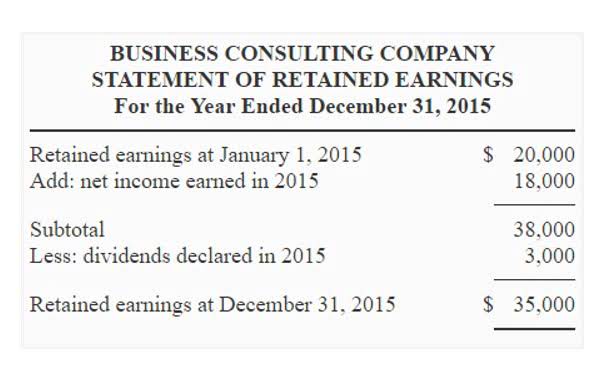
A top payment portal also provides a record of previous payments and allows you to accept rental applications and other fees directly online. Now that we’ve talked through the basics of property management accounting, let’s go through ready-to-use tips that turn property accounting into an asset for your business. When keeping records, you start by recording detail in a general journal, the initial record where all financial transactions are initially recorded in chronological order. This journal includes detailed information about each transaction, such as income statement the date, accounts affected, amounts, and a brief description.
Understanding Property Management Accounting

These delays can disrupt the property’s cash flow, causing difficulties in covering operational costs like repairs and utility bills. Beyond tracking overdue payments, property managers often need to issue reminders, negotiate payment plans, or initiate eviction processes when necessary. Such activities require additional effort and resources, highlighting the importance of automated payment systems or Bookkeeping for Veterinarians reminders to ensure timely collections. Accurate record keeping is essential not only for financial transparency but also for maximizing tax savings. A more comprehensive system, double-entry bookkeeping records each transaction in two accounts, maintaining a balance through debits and credits.
Key Concepts in Commercial Property Management Accounting
Accurate income and expense tracking and detailed financial statements help property managers identify profit margins and operational inefficiencies. This financial clarity allows better budget planning and helps businesses allocate resources strategically for growth initiatives. One of the most crucial advantages for property managers is the ability to deduct various operational expenses.

Essential Tools and Software for Property Management

Modern accounting software can automate many of these processes and reduce errors and time. Look for software that has automated bank feeds, integrated payment processing and robust reporting. Backups and secure data storage will keep your financials safe and give you peace of mind. Property management bookkeeping requires a systematic approach to tracking every financial transaction. 80% of property managers collect rent directly so understanding these basics is key to success. To make informed decisions, it’s imperative to rely on data and expert analysis.

One of the best ways to avoid this is by setting aside money each month for repairs and maintenance. A general ledger is a record of all the financial transactions that occur in your business. It includes information about each transaction, such as the date, amount, account name, and description. Budgeting involves creating a plan for your income and expenses over a specific period of time, while forecasting involves predicting future income and expenses based on past performance. Cash accounting records transactions property management accounting best practices when cash is received or paid out, while accrual accounting records transactions when they occur regardless of when cash is received or paid out. Accounts payable refers to the money your business owes to vendors and suppliers for goods or services received.

Advantages of a Comprehensive Property Management Accounting System for Streamlined Operations
- Some of the best property management software include FreshBooks, Buildium, Sage, and Property Matrix.
- Property management accounting, particularly in smaller organizations or startups, often lacks a uniform approach.
- Proper property accounting can help you manage your rental properties more effectively and save you time and money in the long run.
- For property managers and real estate investors alike, mastering these aspects of accounting is vital.
- A well-organized budget keeps finances in order and ensures accurate financial reporting by showing expected cash flows clearly.
- Mastery over accounting terms and adherence to best practices ensures efficiency and accuracy.
It represents the money owed to property managers by tenants, primarily in the form of unpaid rents. Effective management of AR entails timely invoicing, consistent follow-ups, and stringent record-keeping. By using property management software with robust AR features, managers can automatically generate and send invoices. This automation also allows for real-time tracking, helping property managers quickly identify and address late payments. Detailed AR reports provide insights into rent collection efficiency and tenant payment habits. Ultimately, a robust AR system ensures timely rent collection, directly influencing a property’s profitability.
